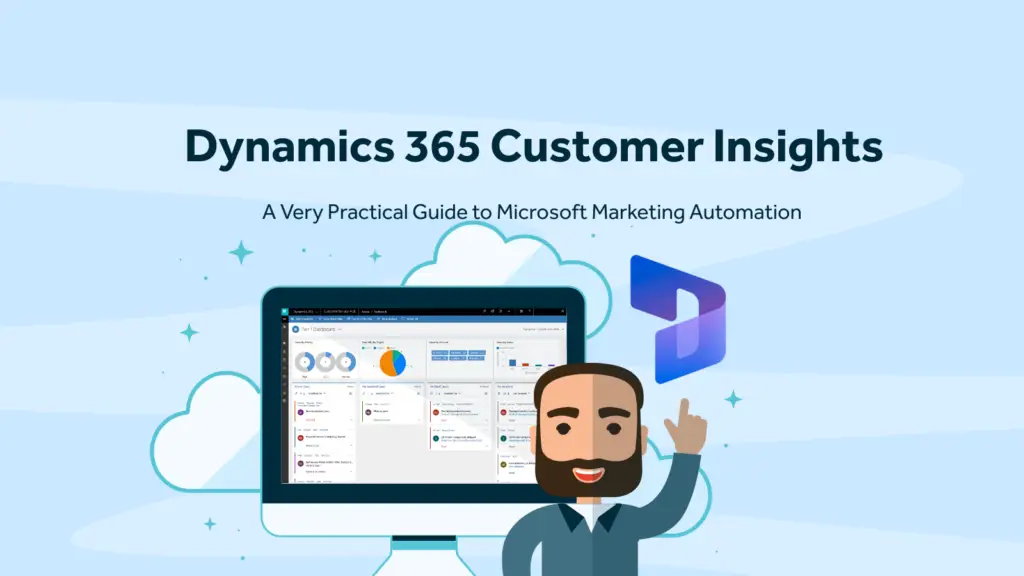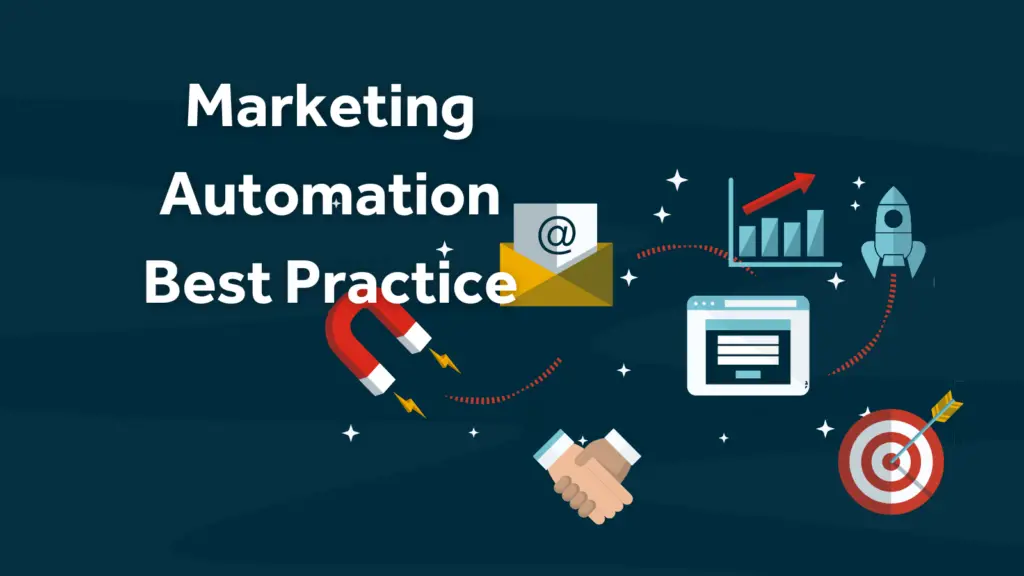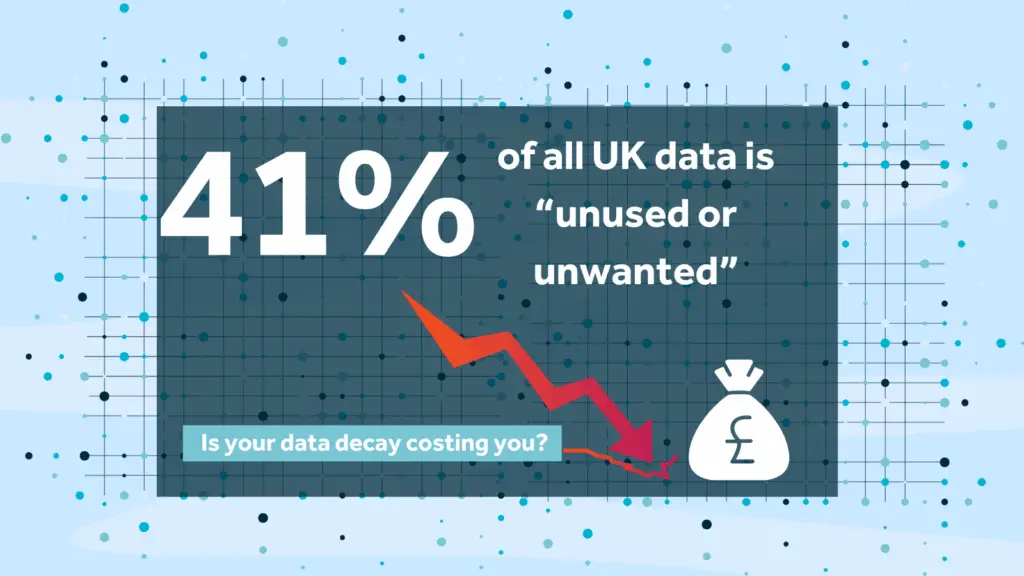Your Sales CRM is Your Secret Sauce for Skyrocketing Growth
Smaller organisations have the edge in so many ways—nimbleness, a fast growth trajectory, and the unique ability to offer that personalised touch customers crave, but let’s not ignore the elephant in the room. Working with a shoestring budget can feel like trying to win a marathon with a pebble in your shoe, and sometimes, crucial tools that could ease the journey end up on the “wish list” rather than in your toolkit. Well, if there’s one tool to prioritise, let it be a Customer Relationship Management (CRM) system.
When small or mid-sized businesses or charities are gearing up for growth, acquiring tech that will help them ramp up efficiency is necessary. CRM technology is the secret sauce to achieving growth potential, as it has the potential to drive efficiency and effectiveness and maximise sales opportunities. This is why a CRM is essential to grow sales and is not just a nice to have, but a non-negotiable investment.
Unchain Your Sales Team
Let’s be honest; paperwork is nobody’s passion project. Your sales team didn’t sign up to juggle spreadsheets; they’re here to sell, connect, and, well, be awesome. A CRM can take the drudgery off their plates, offering a centralised hub for all sales management and customer interactions.
So, rather than slogging through admin, your team feels empowered, motivated, and geared for success. That’s what we call a win-win. But let’s dig a bit deeper here.
Your sales team can also set reminders for follow-up calls, schedule meetings, and map out customer engagement strategies right within the sales CRM. Imagine the hours saved when you don’t have to navigate through a labyrinth of spreadsheets and sticky notes. We’re talking about getting back a chunk of time, which your team can reinvest in strengthening customer relationships or acquiring new leads.
Don’t Just Sell, Sell Smarter
When ramping up your sales growth, the last thing you want is chaos. A CRM brings order to the madness. Picture a dashboard that lets you track leads, manage your sales pipeline, and see which prospects are hot—or not.
It’s like having a personal trainer who guides your sales reps through a carefully planned routine, helping them flex their selling muscles to the max.
Moreover, many sales CRMs come with artificial intelligence capabilities that help in lead prioritisation. By analysing various touchpoints, your sales reps are armed with insights into which leads are more likely to convert. This personalised approach ensures that your team’s efforts yield better results. And you know what better results mean, right? More moolah, less stress.
The Magic of Data-Driven Insights
We get it; intuition has its place. But why rely on gut feeling when you have a treasure trove of data at your fingertips? With a sales CRM, you can gain invaluable insights into customer behaviour, preferences, patterns and more.
Think of it as your crystal ball for predicting future sales trends and making choices that are as smart as you are. Let’s get a bit more granular.
With sales CRM analytics, you can segment your customer base according to metrics like purchasing history, location, or even interaction with your marketing campaigns. Tailoring your marketing initiatives based on these segments means you’re not shouting into the void but having more meaningful, targeted interactions. Data-driven decisions can dramatically increase your ROI, making every marketing pound count.
Master the Art of Lead Allocation
In today’s world, leads can come from anywhere and everywhere—social media, web searches, direct inquiries—you name it. But you need to act fast before these warm leads turn cold or, worse, find their way to your competitors. This is where your CRM’s lead allocation and lead scoring tools shine.
They direct leads to the right salesperson based on specific criteria, from geographical location to product interest. It’s like having a traffic copper at a busy intersection, ensuring everything flows smoothly. For those who might be in the dark, lead scoring is the process of assigning a score to each lead, taking into account diverse factors, including demographics, behaviour, and engagement.
Lead scoring’s objective is identifying the leads with the highest probability of converting into paying customers and prioritising them for follow-up by the sales team.
Alternatively, opportunity scoring is a similar process that involves assigning scores to all opportunities, taking into account the probability of closing them. Like lead scoring, opportunity scoring leverages diverse factors, including the size of the opportunity, the length of the sales cycle, and the stage of the opportunity in the sales process.
Lead and opportunity scoring can be applied simultaneously to help your sales team in prioritising their efforts and focusing on the most promising leads and opportunities. As the leads move through the sales process and become opportunities, the opportunity score is updated based on the same factors. In turn, your sales team will be able to see at a glance which opportunities possess the highest likelihood of closing and prioritising their efforts accordingly. But there’s more.
With sophisticated sales CRM tools, you can implement ’round-robin’ lead distribution or distribute leads based on historical conversion rates. In simpler terms, CRMs can evenly distribute leads among sales reps or channel them to those with a hot hand. Additionally, CRM systems can automate immediate follow-up emails or messages, seizing the moment when interest from a potential customer is at its peak.
Speed Up the Journey from ‘Lead’ to ‘Loyal Customer’
Building solid customer relationships doesn’t happen overnight, but a sales CRM sure does speed up the process. By automating admin tasks, your CRM frees your sales reps to do what they do best—building those all-important relationships.
It’s like cutting through the noise to have an intimate chat, ensuring leads get the attention they deserve.
Consider integrating your CRM with other tools like email marketing platforms, chatbots, or social media pages. This not only centralises data but also allows for a seamless, omnichannel customer experience. Your sales team can engage leads at multiple touchpoints effortlessly, essentially rolling out the red carpet leading straight to your product or service.
Keep Your Finger on the Sales Pulse
Have you ever wondered how you’re really doing in terms of sales? A CRM lifts the veil. It enables you to keep tabs on your sales pipeline, predict upcoming trends, and tweak your sales management strategies as needed.
Falling short?
It’s easier to course-correct when you’ve got real-time data to guide you.
Your CRM can also sync up with your inventory system, giving you real-time updates on stock levels. Imagine knowing exactly when to trigger a restock order or which products to feature in your next marketing campaign. This holistic view eliminates guesswork, creating a more agile and responsive sales strategy.
The benefits of working with a Dynamics 365 partner
For UK-based SMBs and charities, a CRM isn’t just ‘nice to have’; it’s a must-have, a CRM is essential to grow sales. But let’s zoom in on why partnering with a specialised CRM partner is a wise move.
CRM implementation involves intricate complexities such as data migration, user training, and system integration. Not to mention the ever-daunting change management. An experienced CRM partner like Rocket CRM can handle these complexities, making your journey easier and significantly reducing the risk of taking wrong turns.
So, why not take the next step? Implement a sales CRM system and set your business or charity on the direct route to success.
ABOUT ROCKET CRM
Rocket CRM is a Microsoft Dynamics 365, and a platinum Click accredited partner, helping small to medium-sized businesses and charities harness the power of scalable CRM technology. Our mission is to make powerful CRM software simple with custom-built, user-focused solutions.
Website: rocketcrm.co.uk
Podcast: RocketPod
Twitter: rocketcrmuk




